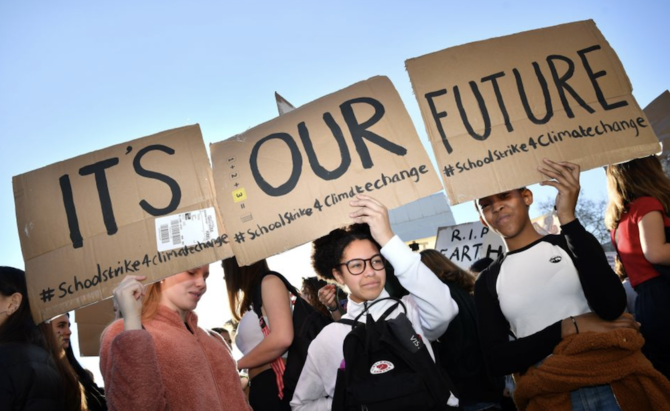“`
Peter Harrison As we grow older, there are two certainties in life: firstly, that the generation above you will tell you you’re still young and have a lot to learn — this continues well into your latter years. And then there are the members of the multiple generations born after you, who will, to varying degrees, accuse you of not understanding the world like they do and not knowing how hard they have it or how easy it apparently was for you.
This is not unique to one part of the world or a specific generation, it is a global phenomenon. I have been told by people from all continents that my generation has had it easy, that as a Western European I come from a position of privilege — basing their argument on the color of my skin and my accent.
Many young people everywhere believe that the older generations simply do not care about the things that matter — it is one of the many rites of passage — and, to a degree, they are right; I have found that, the older I get, the more selective I have become about what I deem to be matters of importance. My test is largely, although not exclusively, built around the question: can I do anything about it?
Life is short, anyone older than 40 will tell you that (and then the people in their 60s and older will tell you that you don’t understand), and that filter is important if you are to make it through this life without suffering too much anxiety. Don’t worry, millennials have been on their journey of realizing this for at least the last decade. Some might argue that those in Generation Z have not yet discovered what they have waiting around the corner — but none of us did.
What we do know is that mental health has become an increasingly large issue and we do not know if that is due to an actual increase or if people are just talking about it more. In March, UK daily The Guardian wrote: “Instead of taking seriously the idea that a mental health crisis was developing, it was far easier to re-ink some cliches about work-shy snowflakes and generation sicknote.” The article went on to say that Gen Zers were not the only people to receive these insults. Indeed, they “have been leveled at every generation, from those now labeled millennials, Generation X, baby boomers and the Silent Generation, and even as far back as Horace and Aristotle in ancient times.”
But why is Gen Z suffering so much? The report went on to suggest that one in three 18 to 24-year-olds have suffered symptoms indicating a common mental health problem, such as depression or anxiety disorder, compared with one in four in 2000. The problem is that we Generation Xers and older did have it easier, just not in the way the younger generations might think.
Our childhoods were spent playing outside with our friends — we would go exploring, play football and tag, dig a hole in the dirt just for the sake of it. We would watch television shows at the same time as each other and talk about them the next day in the playground. We would sit down as a family and eat together — it was a much more inclusive time.
By the time millennials and Gen Z came along, there was much more isolation. Video gaming, which previously involved groups of friends sitting together, became something that was done individually on tablets and smartphones. Watching television was no longer a group activity — binge-watching means no one is watching the same program at the same time. Social media became the main source of information and scrolling aimlessly became a habit that some might say is as addictive as smoking.
I was once chastised by a younger colleague I was connected with on social media after I mentioned something they had posted. “You should never talk to someone about something they’ve posted online, that’s just weird,” they said. I asked what the point in sharing stuff was if you were not meant to talk about it, but I have never found out.
In Japan, this opting out of society, which so many young adults do, even has a name: “hikikomori.” It is a condition — a way of life — where people separate themselves from the outside world, something that was aggravated by COVID-19 and, even now, people are still suffering. In Japan, the problem is so bad that there are concerns for the economy and even the country’s plummeting birth rate. It is well documented that the increasingly sedentary life we lead is going to kill us at a much younger age unless we do more to combat it. Earlier this year, Newsweek ran an article on Gen Z’s “loneliness problem.” It stated that studies consistently showed higher rates of social media use were associated with poor mental health, while adding that Gen Z was the most digitally connected generation yet.
But the report added a caution





